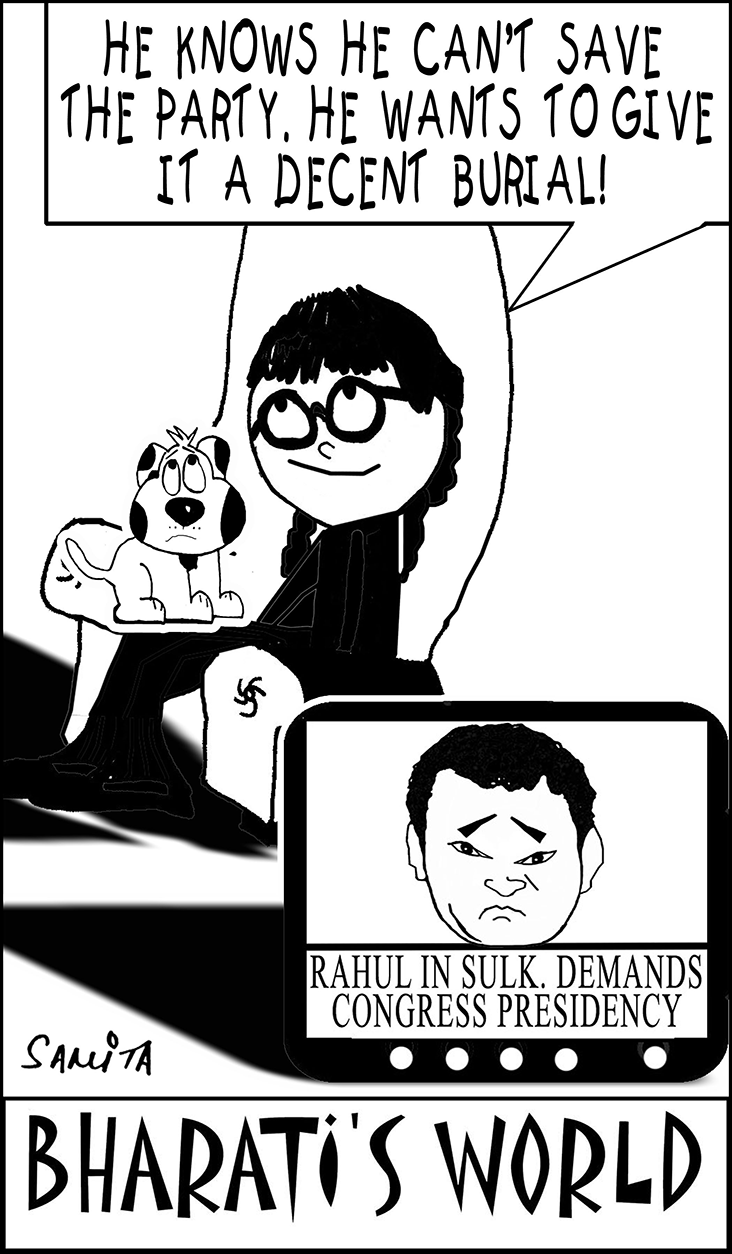WITH CAMPUS VIOLENCE, fraudulent admissions, faculty recruitment scams and mass cheating during examinations de rigueur in West Bengal’s government colleges and universities, “politics in education” and “educational anarchy” are frequent descriptors employed by academics in the state (pop. 91 million). The general consensus is that the Trinamool Congress Party (TMC), which swept to power in 2011, ending 34 years of communist rule, is following the communist tradition of severely damaging education institutions. Yet amidst the encircling gloom, a government child rights panel has initiated a positive proposal to educate school children about their rights and entitlements.
 The West Bengal Commission for Child Rights (WBCCR), established under s.17 of the Commission for Protection of Child Rights Act, 2005, is finalising a proposal to integrate several provisions of the United Nations Convention on Rights of the Child (CRC), 1989, in the curriculums of the state’s upper-primary, secondary and higher secondary schools. “We don’t want to impose additional load on children. But there should be at least one page in all textbooks which informs children about their rights and entitlements in simple language,” Ashokendu Sengupta, chairman of WBCCR, said in an interview to PTI on February 5. The panel will soon meet the state government’s school syllabus committee to impress upon it the need to implement the commission’s proposal.
The West Bengal Commission for Child Rights (WBCCR), established under s.17 of the Commission for Protection of Child Rights Act, 2005, is finalising a proposal to integrate several provisions of the United Nations Convention on Rights of the Child (CRC), 1989, in the curriculums of the state’s upper-primary, secondary and higher secondary schools. “We don’t want to impose additional load on children. But there should be at least one page in all textbooks which informs children about their rights and entitlements in simple language,” Ashokendu Sengupta, chairman of WBCCR, said in an interview to PTI on February 5. The panel will soon meet the state government’s school syllabus committee to impress upon it the need to implement the commission’s proposal.
Educators and child rights activists have warmly welcomed the proposal because levels of awareness among children about their rights is almost non-existent, as is the awareness of teachers and parents about Central and state governments’ child welfare programmes. According to Unicef data, 1 million children drop out of the state’s school system every year and early marriage and motherhood which adversely affect the health of girl children, is rampant. Moreover, census data indicates that 550,000 children are employed as child labour statewide.
According to Ananya Bhattacharya, director of banglanatak.com (estb. 2000), a child rights NGO, if implemented sincerely, the WBCCR proposal will positively impact child development in the state. “Children need to be aware of their rights which are casually violated. NGOs have been building awareness of children’s rights but with limited success. Therefore including the subject in school curriculums is an excellent idea. However, first, teachers need to be educated about children’s rights. Corporal punishment, which is a violation of child rights, is pervasive in West Bengal,” says Bhattacharya.
The importance of teacher sensitisation is underscored by Tamo Chattopadhyay, an alum of the Columbia University Teachers College and former faculty at the National University of Educational Planning and Administration (NUEPA), Delhi. “Introducing a module on children’s rights in school curriculums is a wonderful idea. But teacher training and teacher sensitisation — which should be immediately introduced in the B.Ed degree curriculum and in all in-service training programmes — are vital pre-requisites for success of this welcome initiative,” says Chattopadhyay.
Undoubtedly, WBCCR’s proposal to introduce the subject of children’s rights and entitlements is an excellent — and overdue — idea. But with the state readying for the assembly elections due in November and the scams-tainted TMC party battling on all fronts for relevance and survival, the child rights and entitlement issue is likely to be drowned in the rising election noise, and the forthcoming WBCCR report is certain to disappear into the limbo of oblivion.
Baishali Mukherjee (Kolkata)